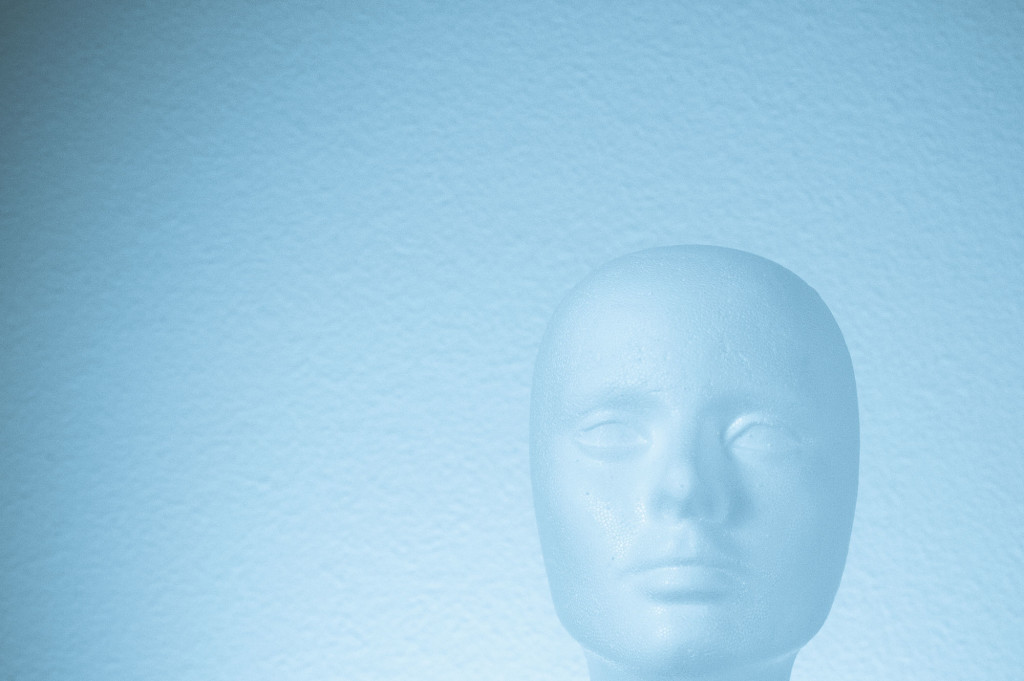When I learned my book club was reading Dan Harris’s 10% Happier I immediately got the book from the library. Not because I was in a hurry to read it. I believed, based on the title, it was going to be yet another unpleasant, giant happiness project replete with charts and rules designed to make me feel inadequate. I went to the library because I didn’t want 10% Happier to become part of my permanent library. I wanted to skim through all the impossible tasks I believed Harris would construct, tasks that made him happier but had nothing to do with me. I wanted to read the library book while the others in my book club, Burnout Sisters, were still busy with the holidays. I knew I wouldn’t spend much time with it and could return it to the library so other book club members would have time to read it. (The Burnout Sisters joined forces, a group of about 75 women, when their homes burned up in the 2003 Cedar Fire. The book club is a subset of that larger group.)
It turns out the title was misleading, and the book was not the dreaded self-help I didn’t want to read.
First let me say why I was 90% happy with 10% Happier:
- Harris’s book is about meditation, not some platitude on the state of happiness. Although I practice ahimsa, only the Beatles can tell me what happiness is (that warm gun). Harris states he came up with the title because he wanted to explain his growing penchant for Buddhist-style meditation in a way that didn’t make his interlocutors become glassy-eyed or judgmental. He was looking for phrases that didn’t make people anxious he was spouting about the occult. He found people responded well to simply saying his practice made him”10% happier.”
- Harris immersed me in two worlds I am likely to never encounter, in-the-flesh. 1) His experiences on the rise as an extroverted, competitive anchorman, including some dish and brutally honest critiques from the likes of Peter Jennings, the producer of Good Morning American, and the head of ABC. 2) His detailed account of a 10-day Buddhist meditation retreat led by Joseph Goldstein. Though I have travelled to India for an incredible meditation retreat, it was nothing like Harris’s experience.
- Harris writes well. Sentences snap and crackle with active verbs. He has a mastery of a sophisticated vocabulary, He describes people and groups of people, trends and philosophies with audacious similes, some excellent, some amusingly sardonic, and some what Harris himself would call “lose-ems”. (More on this in the unhappy bullets that follow.)
- Even though Harris paints his phrases with hyperbole and bathos, there’s a humility and honesty that I found utterly engaging.
OK, and the 10% unhappy with 10% Happier:
- Harris has a talent for summing up people, ideas, and things with two or three phrases. He keenly describes Eckhart Tolle’s writing in a way that allowed me to forgive myself for never getting past the first page of The Power of Now. This knack, however, made me uncomfortable when Harris wandered into descriptions of the middle-aged women at the retreat. Though I don’t ever see myself wearing dangly earrings and shawls, I didn’t like the critical narrator. I too dislike fake, soft, syrupy voices, but another part of my brain said Uh-Oh …. I would not like to find myself on the other end of Harris’s descriptive lens.
- Harris employs simile after simile after simile to get his points across. Most work. But there’s an occasional one that pulled me out of the story like a fish out of water. For example, he’d rather “lie down in traffic” than go to a retreat where he would be in isolation and not be able to talk for ten days. For example, Harris says “we got along like a house on fire.” Well, how does a house on fire get along? I don’t get it. Maybe because MY house literally was on fire, in 2003, when wild fire burnt entire neighborhoods to the ground. But maybe Harris has covered too many burning houses — there seems to be one every night on the news. You get the point.
- Harris admits to using to many hackneyed phrases (lose-ems). For example: Like (fill in the blank), only on steroids. For example: hilarity ensues. I did find it mildly amusing when he said, “I would be hoisted by my own petard.” Now how did that antiquated idiom enter his thoughts while writing about mindfulness.
- I hate the word “mindfulness.” It rolls off too many tongues. New years resolutions are stuffed with mindful mindfulness preaching. Harris does talk a little about others who are unhappy with what they call “McMindfulness.”
- I was afraid Harris would not include a list of books for further reading. I had to get to the appendix, almost the last page of the book, to find a very short list. He could have included so many more, which he alludes to, but does not cite titles.
10% Happier is the last book I read in 2015. It was well worth the time. Despite the title of this post, I’d highly recommend it. If you’ve read my post on The Fault IS in Our Stars, you know I give all books that I finish five stars out of five. Harris’s book gets five stars.
